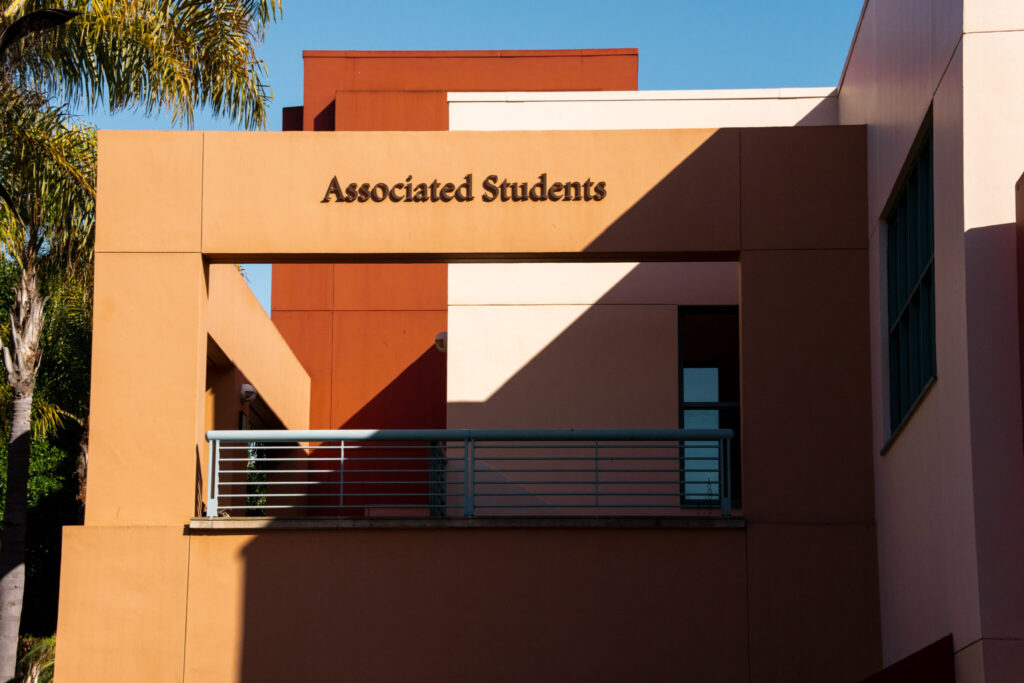The Associated Students 76th Senate passed several bills updating its legal code on Aug. 20. Several student athletes spoke against the recent closure of the physical therapy department and Athletic Performance Center.

Several members of the triathlon club expressed their disappointment at the recent closure of the physical therapy department and Athletic Performance Center. Nexus file photo
The meeting began with public forum where mechanical engineering students, including representatives from Gaucho Racing, the American Society of Mechanical Engineers and the Gaucho Rocket Project, requested a shared work space for their three respective groups.
Second-year mechanical engineering major and Gaucho Racing President Alex Fu said that they currently rely on “very scattered and temporary spaces that are small, unsafe and inefficient,” and that a newly equipped permanent space would ensure opportunities for new projects.
Several members of the triathlon club expressed their disappointment at the recent closure of the physical therapy (PT) department and Athletic Performance Center (APC), which provides strength and conditioning services to club athletes.
Fourth-year doctoral candidate Nawel Alioua said that the APC is a major contributor to the quality of life for student athletes, as it aims to prevent injuries.
“It’s like the athlete experience here has three pillars. One of them is the club, the second one is APC and the third one is PT,” Alioua said. “And I feel like now [UC Santa Barbara] is being devoid of two of its pillars. It’s like a three-legged stool that’s trying to stand on one.”
For students who are unable to drive, the PT department at Student Health is the most accessible clinic. Fifth-year doctoral candidate Liz Schauer said that the clinic was essential to her recovery when she could not drive.
“On a personal level, I had hip surgery three years ago and couldn’t walk for weeks. PT enabled me to recover from this, and honestly, I wouldn’t be able to run and be at the same activity level that I am now without physical therapy at Student Health,” Schauer said.
Moving into unit reports, the Senate heard from the Internal Vice President’s Director of Accountability, Jeffrey Wang, who plans to implement a senate attendance and project tracking system. The system aims to bring all initiatives in one place, track project progress and avoid overlap. Senators Eemaan Wahidullah, a first-year biology and political science double major, and Neo Harter, a third-year history and global studies double major, proposed a bill to establish the Language Revitalization Grant Program, which would create a research pilot program to support students studying endangered languages. The Senate referred the bill to the liaison committee for further deliberation.
The Senate then passed several bills to update legal code pertaining to the Office of the President, Boards, Committees and Units (BCU) election code and the Pearman Fellowship.
The meeting concluded with the Senate bundling and approving all resignations and appointments, including those made by Attorney General and fourth-year economics and communication double major Taylor Iden to the Office of the Attorney General.




















